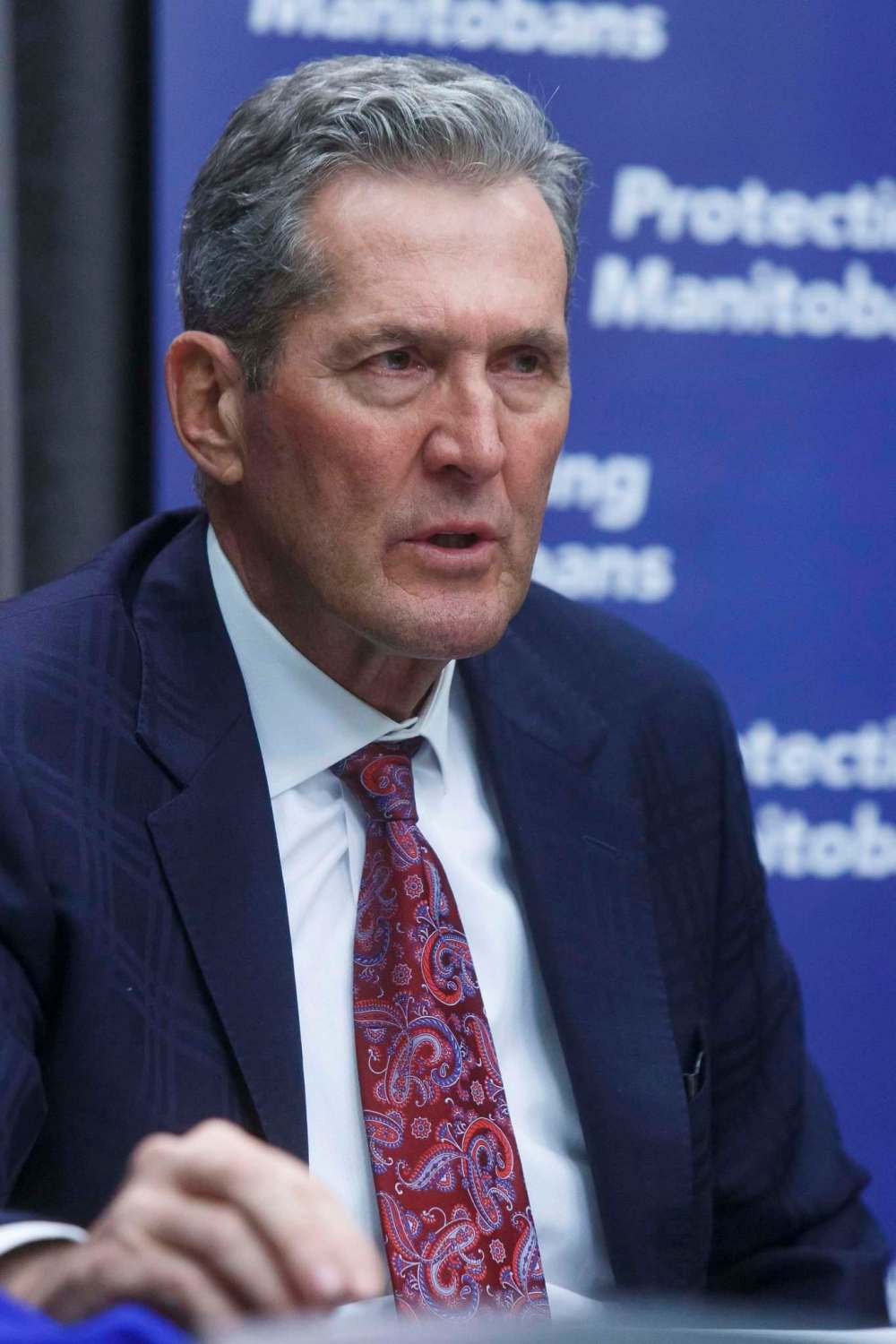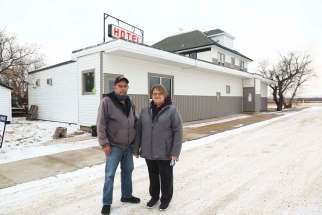COVID-19 data belongs to the public
Read this article for free:
or
Already have an account? Log in here »
To continue reading, please subscribe:
Monthly Digital Subscription
$0 for the first 4 weeks*
- Enjoy unlimited reading on winnipegfreepress.com
- Read the E-Edition, our digital replica newspaper
- Access News Break, our award-winning app
- Play interactive puzzles
*No charge for 4 weeks then price increases to the regular rate of $19.00 plus GST every four weeks. Offer available to new and qualified returning subscribers only. Cancel any time.
Monthly Digital Subscription
$4.75/week*
- Enjoy unlimited reading on winnipegfreepress.com
- Read the E-Edition, our digital replica newspaper
- Access News Break, our award-winning app
- Play interactive puzzles
*Billed as $19 plus GST every four weeks. Cancel any time.
To continue reading, please subscribe:
Add Free Press access to your Brandon Sun subscription for only an additional
$1 for the first 4 weeks*
*Your next subscription payment will increase by $1.00 and you will be charged $16.99 plus GST for four weeks. After four weeks, your payment will increase to $23.99 plus GST every four weeks.
Read unlimited articles for free today:
or
Already have an account? Log in here »
Hey there, time traveller!
This article was published 25/11/2020 (1842 days ago), so information in it may no longer be current.
Premier Brian Pallister says the reason government is refusing to release detailed information on contact tracing and other aspects of the province’s pandemic response is because public-health officials are too busy to make that data available.
That’s an unsatisfactory explanation.
Government collects a wide range of data on COVID-19 testing and contact tracing. They do so to analyze transmission trends to help combat the spread of the disease. Much of the data comes from case investigations by contact tracers who track down close contacts and ensure potentially infected people are tested and quarantined. Information from those investigations is entered into a database and compiled for surveillance purposes.

The province uses the data to help determine where the virus is spreading and how much of it is community transmission (where the source is unknown). Public-health officials also keep track of the average number of close contacts per case.
By logging information into a database in real time, the province can collect data on the length of time it takes to reach infected people. Public-health officials can also monitor how long it takes to connect with close contacts (and what percentage they’re unable to reach).
Chief provincial public health officer Dr. Brent Roussin said earlier this month the province’s goal is to reach 80 per cent of cases and their close contacts within 24 hours. The quicker public-health officials can track down close contacts, the better chance they have of containing the spread of the virus, he said.
The results of how well government is meeting that goal should be made public. So far, it hasn’t been.
Contact tracing is one of the most important tools government has to reduce the spread of COVID-19. Countries around the world with the best records in containing the virus typically have robust contact-tracing programs. There is no reason why the Manitoba government should be keeping that data under wraps. If there is some reasonable explanation for not releasing it, government has not provided it.
Mr. Pallister said public-health officials are too preoccupied with “protecting Manitobans” to release much of the information they collect. This is the same premier who is regularly briefed by public health with updates on contact tracing and case modelling. He often makes reference to those briefings. But he won’t release the contents of them. If the premier can have access to this information, why not the public?

No one is asking public-health officials to take time away from their demanding duties to compile public reports. The information already exists. Public-health officials rely on statistics and case projections daily to make decisions about how to reduce the spread of the virus and where to deploy human resources. They have an obligation to share that information.
These are public records owned by Manitobans. They’re not the property of civil servants and politicians. Unless there is good reason not to release them, as set out in freedom of information legislation or the Public Health Information Act, they should be made public.
Manitobans deserve clear information about what steps government is taking to fight this pandemic and how well public-health officials are meeting their objectives. The public needs reliable data to make that determination. So far, they’re not getting that.






